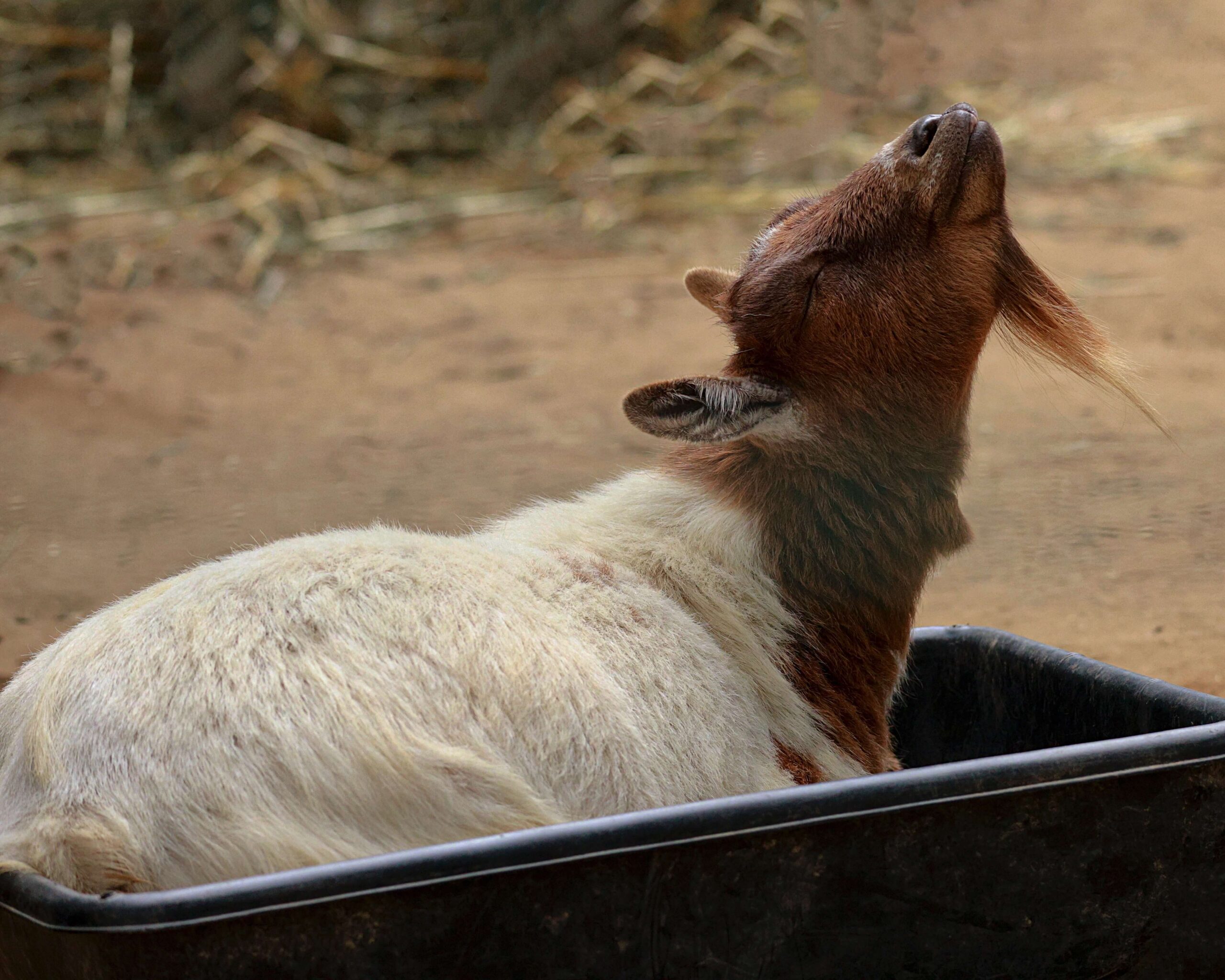
As a farmer, you know how important it is to maintain the health of your animals. One crucial aspect of animal health is preventing and treating bacterial infections. These infections can range from minor skin irritations to more serious systemic illnesses, and they can have a significant impact on your animals’ health and productivity. Fortunately, there is a powerful tool in your arsenal to combat bacterial infections: penicillin. In this blog post, we’ll explore how penicillin works, what types of bacterial infections it can treat, and how to use it safely and effectively to protect your animals. The Power of Penicillin: Protecting Your Animals from Bacterial Infections.
What Is Penicillin?
First, let’s take a closer look at penicillin. Penicillin is a group of antibiotics that were first discovered in the 1920s. These antibiotics work by preventing the growth of bacteria, which can stop an infection in its tracks. Penicillin is effective against a wide range of bacteria, including the types that commonly affect farm animals, such as streptococcus, staphylococcus, and E. coli. However, it’s important to note that not all bacteria can be treated with penicillin, and some bacteria have become resistant to these antibiotics over time.
How It Works
So, how does penicillin actually help your animals fight off bacterial infections? When you administer penicillin, the antibiotic is absorbed into your animal’s bloodstream and distributed throughout its body. The antibiotic then targets the bacteria that are causing the infection, preventing them from growing and multiplying. This gives your animal’s immune system the chance to catch up and fight off the infection on its own. It’s important to note that penicillin is not a cure-all for bacterial infections, and your animals may still need supportive care such as fluid therapy or wound care to fully recover.
What Penicillin Can Treat
Penicillin can treat a list of different bacterial infections. It is commonly used to treat infections such as mastitis, pneumonia, septicemia, and abscesses in farm animals. These infections can have a significant impact on your animals’ health and productivity if left untreated, so quick and effective treatment with penicillin is crucial. It’s essential to work with your veterinarian to identify the type of bacteria causing the infection and determine the appropriate dose and duration of treatment for your animal.
Forms of Penicillin
You know Ampicillin trihydrate is one of the most commonly used forms of penicillin. This form of penicillin is highly effective against a range of bacteria, including streptococcus and staphylococcus. It works in much the same way as other types of penicillins. By preventing the growth of bacteria and allowing your animal’s immune system to fight off the infection. It is available in injection form as well as oral tablets and capsules. Making it easy to administer the appropriate dose for your animal.
Cloxacillin Benzathine is another effective form of penicillin used in veterinary medicine. This antibiotic is particularly useful against bacteria that are resistant to other variants of penicillin. It is highly effective in combatting staphylococcal infections, an ailment common in many farm animals. Available in both oral and injectable forms, Cloxacillin Benzathine offers flexibility in administration methods to suit the needs of different animals.
How to Use Penicillin Products
Of course, like any medication, penicillin must be used safely and responsibly. It’s essential to follow all label instructions when administering penicillin to your animals. This includes administering the correct dose for the animal’s size and weight and following the recommended duration of treatment. It’s also essential to observe any withdrawal times required before slaughter or milk production. Ensure that the meat or dairy products from your animals are safe for human consumption.
In conclusion, penicillin is a powerful tool in the fight against bacterial infections in farm animals. By understanding how penicillin works, what types of infections it can treat, and how to use it safely and effectively, you can protect the health and productivity of your livestock. As with any medication, it’s essential to work with a veterinarian or other expert to determine the best course of treatment for your animals. By working together and using penicillin responsibly, you can help keep your animals healthy and your farm thriving.